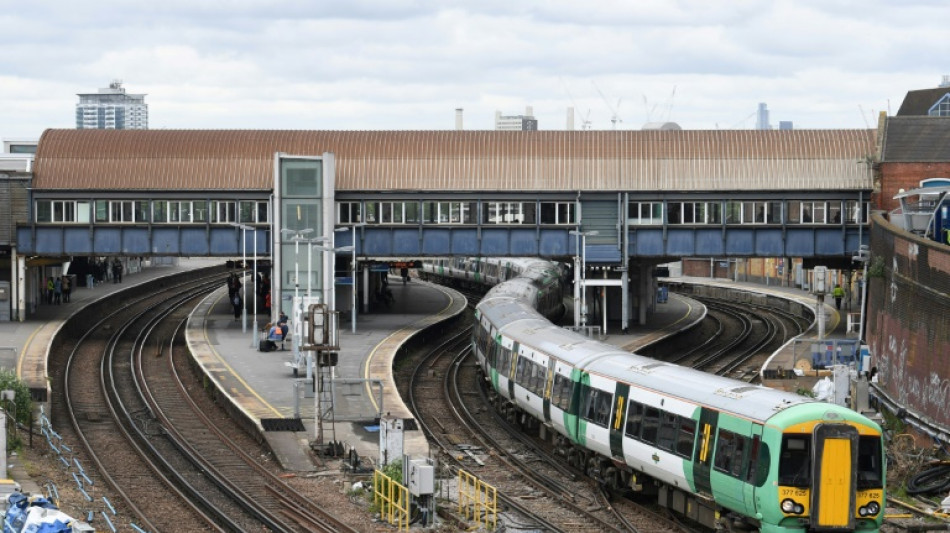

Quiet car: England to ban loudspeaker 'spam' on trains
UK transport chiefs on Friday said that bothersome on-board train announcements would be cut in a bid to offer more peaceful journeys, a move it dubbed a "bonfire of the banalities".
The measure is likely to be welcomed by commuters all-too familiar with the annoyance of loudspeaker interruptions reminding them to have tickets in hand or -- ironically -- to keep their voices down.
Operating companies will still broadcast important safety messages, but "repetitive and unnecessary on-board announcements" will be removed, the Department for Transport said.
The so-called "tannoy spam" -- a reference to the public address system -- is expected to be removed in the coming months in England.
"Banal announcements set to be culled include self-evident instructions, such as having your ticket ready when leaving the station, and contradictory calls for passengers to keep volume levels low while on-board announcements blare out," said the department.
Transport Secretary Grant Shapps said the measures were aimed at improving the railways for those who use them frequently.
"I'm calling for a 'bonfire of the banalities' to bring down the number of announcements passengers are forced to sit through and make their journey that little bit more peaceful," he said.
The pandemic saw train passenger numbers plummet to nearly a quarter of pre-virus levels, although they are rising again as the country unwinds its regulations.
There were nearly 1.8 billion passenger journeys across the UK in the financial year to the end of March 2020, according to official statistics.
O.F.MacGillivray--NG


